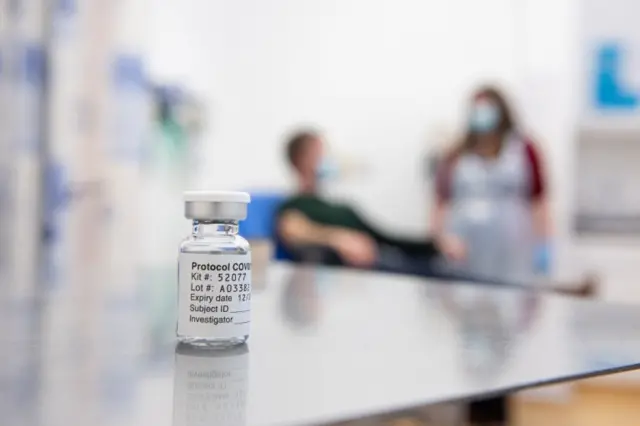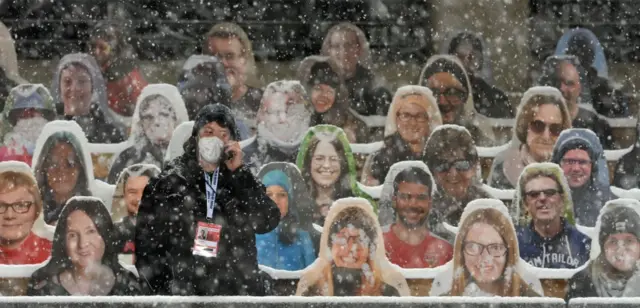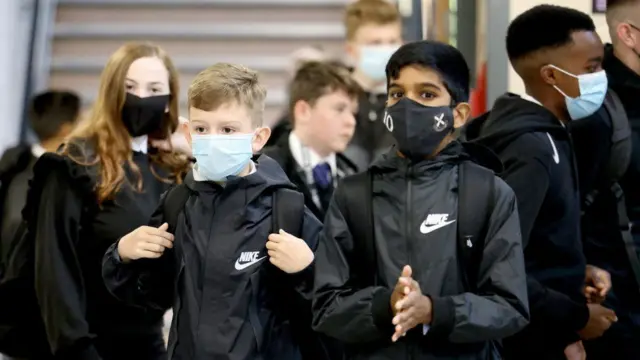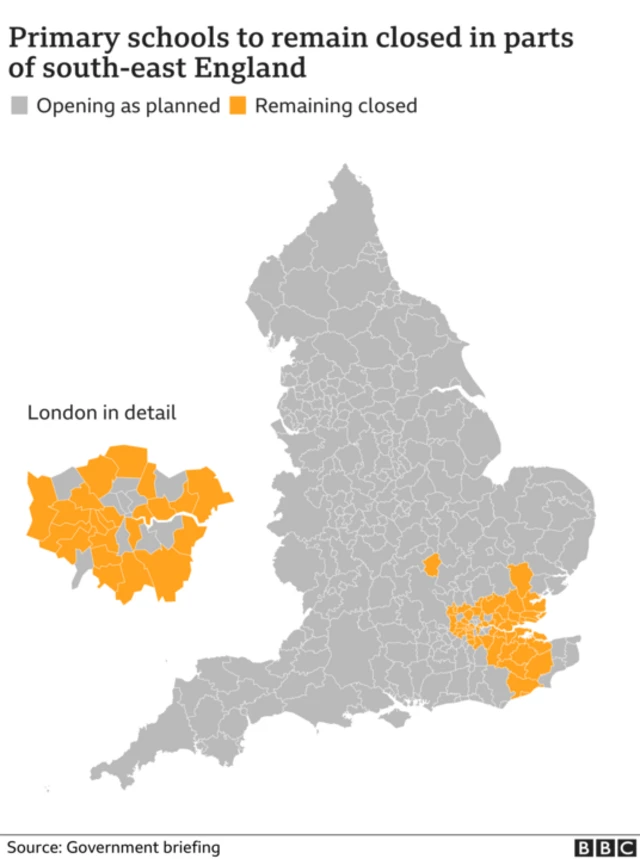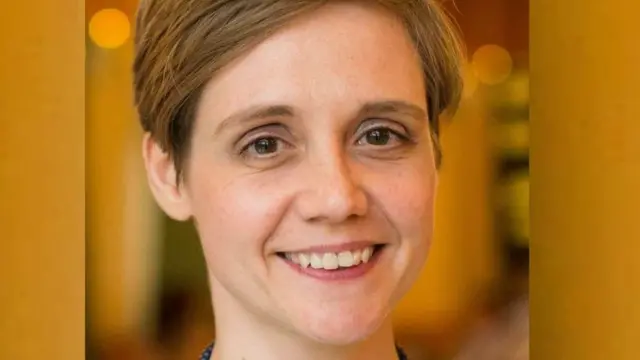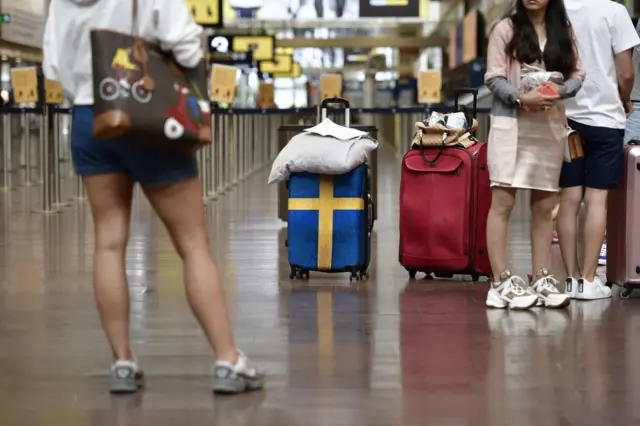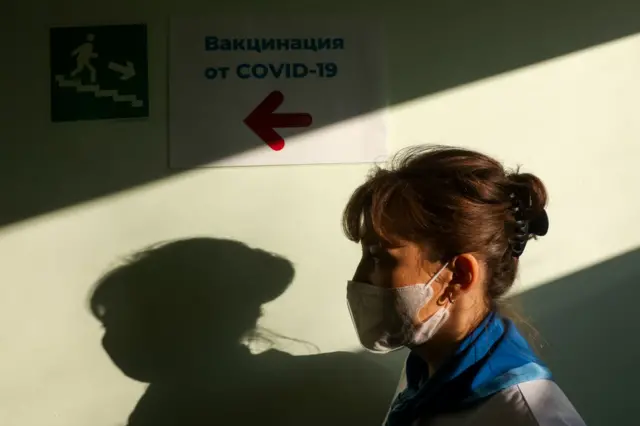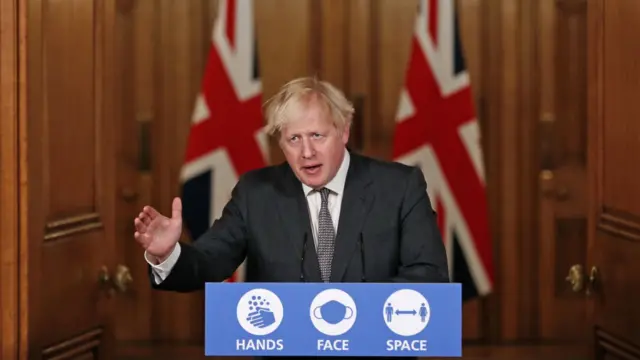That's all from us todaypublished at 19:03 GMT 30 December 2020
We're going to leave our live coverage here for today.
You can read all the details from today's announcements in our main story here, find out which tier you're in here and find out how many cases are in your area here.
Today's live page was brought to you by Lauren Turner, Sarah Collerton, Dulcie Lee, Becky Morton, Alex Kleiderman, George Wright, Katie Wright, Emma Lynch and Alice Cuddy.
Thanks for joining us.
